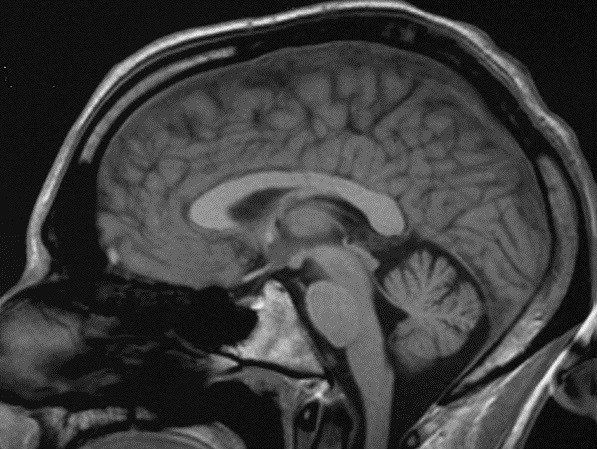Stroke Victim Malcolm Myatt Happy to Lose Ability to Feel Sad

A retired lorry driver has lost the ability to feel sadness after suffering a stroke.
Malcolm Myatt, 68, had from a stroke in 2004 - and said he could relish its positive effects. He spent 19 weeks in hospital and lost sensation in his left side. Doctors told him that the stroke had damaged the frontal lobe of his brain, which controls emotions.
He told the Daily Telegraph: "I am never depressed. Being sad wouldn't help anything anyway. I would rather be happy all the time than the other way round. It's an advantage really.
"The stroke could have become my worst enemy but I wouldn't let it. Now I barely even notice that I don't feel sadness."
His wife, Kath, was told to prepare for the worst as he was not expected to make it through the night following his stroke.
She said: "Malcolm's short-term memory is confused. He loves telling jokes, though - we don't know how he remembers them but he does. He has lost the bit of his brain that makes you sad.
"Malcolm's very childish now. It's infectious. When he starts laughing everyone in the room does. If he's in hysterics, everyone else is too. He livens up any room. Everyone misses him when he's not there."
A stroke occurs when the blood supply to part of the brain is cut off and brain cells die. It can result in brain damage and death.
Emotional responses
Experts said it was uncommon for stroke victims to experience emotional and behavioural changes. Paresh Malotra, a neurologist consultant at Charring Cross Hospital, said: "Some people lose the ability to detect emotion in what other people say or their faces, or they can become less emotional themselves.
"They can become less responsive to emotional news, whether happy or sad, and that can result from frontal lobe damage. They can also become apathetic and lose their ability to empathise.
"Physical damage to the brain can affect emotional responses.
"Injuries to different parts of the brain can result in different symptoms. If you damage the brain circuits that are responsible for emotion and empathy then those responses are affected."
Clare Walton, a doctor with the Stroke Association, added: "While we haven't heard before of stroke survivors completely losing the ability to feel a particular emotion, many stroke survivors find it very difficult to control their emotions following a stroke and may cry or laugh at inappropriate times.
"While there is increasing recognition of the emotional problems encountered by stroke survivors, more needs to be done to ensure that every stroke survivor gains access to appropriate emotional and psychological support to help them adjust to the aftermath of a stroke."
© Copyright IBTimes 2025. All rights reserved.




















